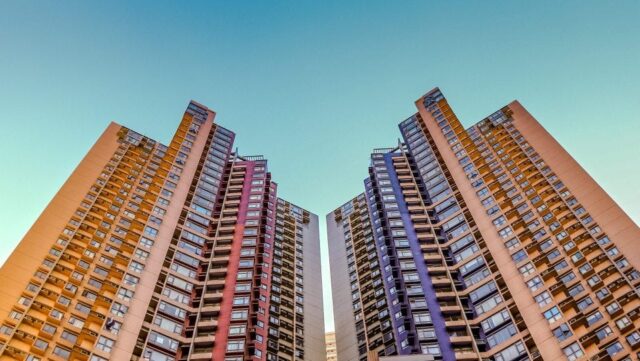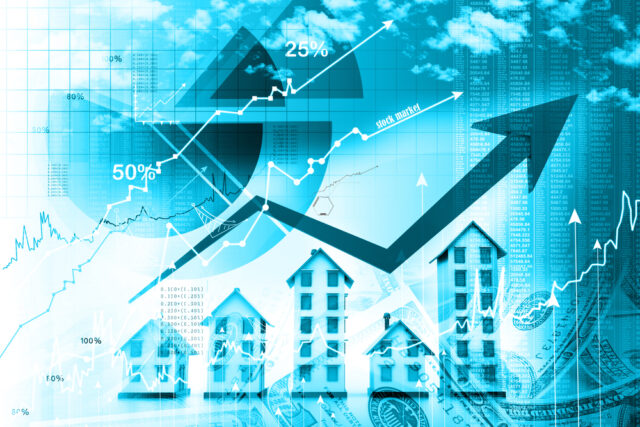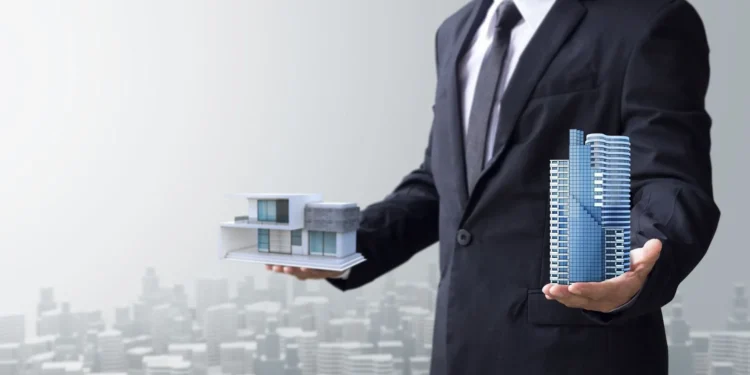Commercial real estate is a complex and ever-changing industry, and as such, there are always new risks to consider. With so many investors flooding the market, it’s important for any commercial real estate investor to be aware of the different types of risk they face. By understanding it, you can better prepare yourself for any potential fallout and stay ahead of the competition.
1. Business Risk

There are many types of risk that a commercial real estate investor faces, but understanding them and managing them is essential. Here are five types of business risk that every investor should be aware of:
- Financial risk: This is related to the financial stability of the company or its customers, such as defaults on loans or credit card bills.
- Operational risk: This is associated with the actual execution of a transaction, such as missed deadlines or miscommunications between parties involved in the transaction.
- Regulatory risk: This encompasses potential risks posed by government agencies or other bodies that could disrupt or prohibit an investment, such as environmental regulations or zoning rules.
- Legal risk: This refers to any potential liabilities an investor may face from lawsuits or claims related to their property holdings.
- Identity theft risk: One of the most significant business risks for commercial real estate investors is identity theft, which can lead to financial losses and damage to reputation. By being aware of it, you can reduce your overall risk profile and better manage your operations in advance of potential disruptions. Commercial real estate brokers Fort Myers can also help identify and mitigate these risks.
2. Operational Risk

One of the most important is operational risk. This is the risk of a business failing because of its day-to-day operations. Here are some common examples:
- Poorly managed properties can lead to high maintenance costs and decreased values.
- Inadequate financing can mean that a business cannot afford to make necessary repairs or improvements, which can lead to decreased revenues and increased liabilities.
- Errors in judgment can result in poorly managed properties, missed opportunities, and even financial ruin for a business.
- Businesses with poor systems and procedures can easily fall behind on their work or miss important deadlines, which can have serious consequences down the line.
- Insufficient insurance coverage can mean that a business is unable to cover damages caused by accidents or natural disasters, which can seriously disrupt operations and damage reputation.
- Poor communication between different parts of a business can lead to inefficient decision-making and chaos on the ground, which can jeopardize long-term success.
3. Market Risk

The commercial real estate market is full of risk potential, and no one knows this better than a seasoned investor. However, not all are created equal. Investors need to be aware of the different types of risks in order to make informed decisions about where to allocate their capital.
Market risk is the most common type faced by commercial real estate investors. This occurs when the value of a property falls below its original cost or value. If a tenant vacates a property prematurely, for example, market risk can be involved.
Other forms include credit risk and liquidity risk. Credit risk refers to the possibility that a debtor will not be able to repay its debts. This could happen if the debtor is unable to secure financing or if the market conditions change and lenders are unwilling to lend money to certain types of businesses. Liquidity risk occurs when there is not enough available cash flow or buyers for certain properties. This could lead to higher prices being paid for these properties, as well as decreased returns for investors who hold them long-term.
Commercial real estate investors need to be aware of these different types of risks in order to make informed decisions about where best to allocate their capital.
4. Environmental Risks

Environmental risks are one of the most important factors a commercial real estate investor must consider when making decisions about property investments. Many environmental hazards can have long-term effects on property values and profitability, so it’s important to be aware of them and address them proactively.
A number of different types of environmental risks can affect a business’s operations, including:
- Compliance risks: The risk of violating environmental regulations can have serious consequences, including fines and lost revenue. It’s important to have a clear understanding of all applicable regulations and make sure you’re in compliance with them.
- Damage from natural disasters: A natural disaster such as a tornado, hurricane, or earthquake can cause extensive damage to property and disrupt business operations. In addition, insurance rates may increase as a result of damage done to property during a natural disaster.
- Air pollution: high levels of air pollution can cause respiratory problems for people working in close proximity to factories or other industrial sites, as well as reduce visibility and lead to other health concerns. It’s important to monitor air quality in your area and take appropriate actions if it begins to deteriorate.
- Water contamination: Pollution from stormwater runoff or inadequate treatment of sewage can contaminate water supplies with harmful chemicals or bacteria, which can lead to health concerns for residents and businesses alike. It’s important to keep track of any new developments that could impact water resources in your area and take steps to protect yourself should a problem arise.
Conclusion
Commercial real estate is a risky business and there’s no getting around it. However, by being aware of the different types of risk commercial real estate investors face, you can minimize your chances of experiencing any negative consequences. In this article, we discuss different types of risk that every commercial real estate investor needs to be aware of. By being proactive and understanding the risks that are associated with each type of investment, you can make sound decisions in order to protect yourself and your portfolio.





